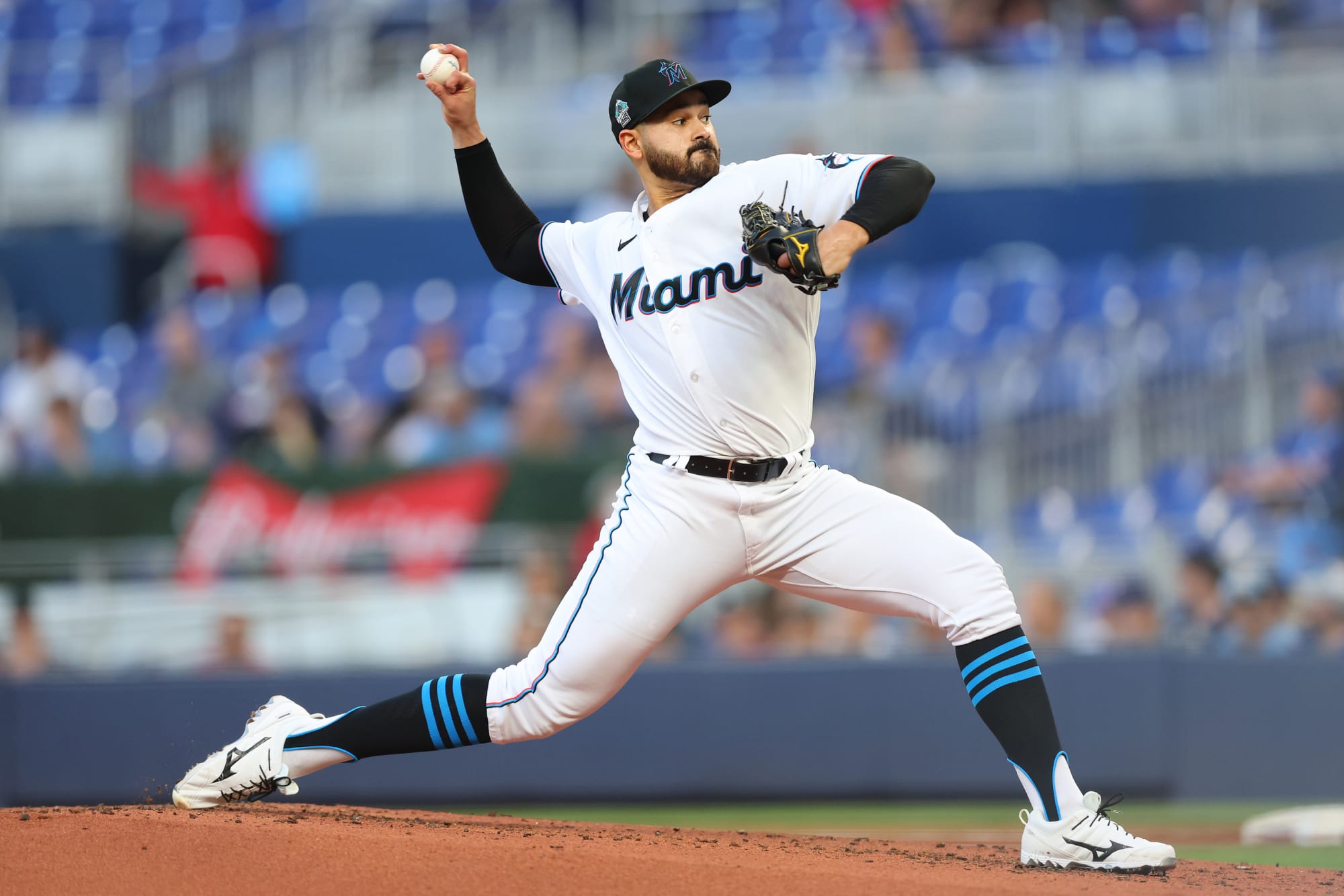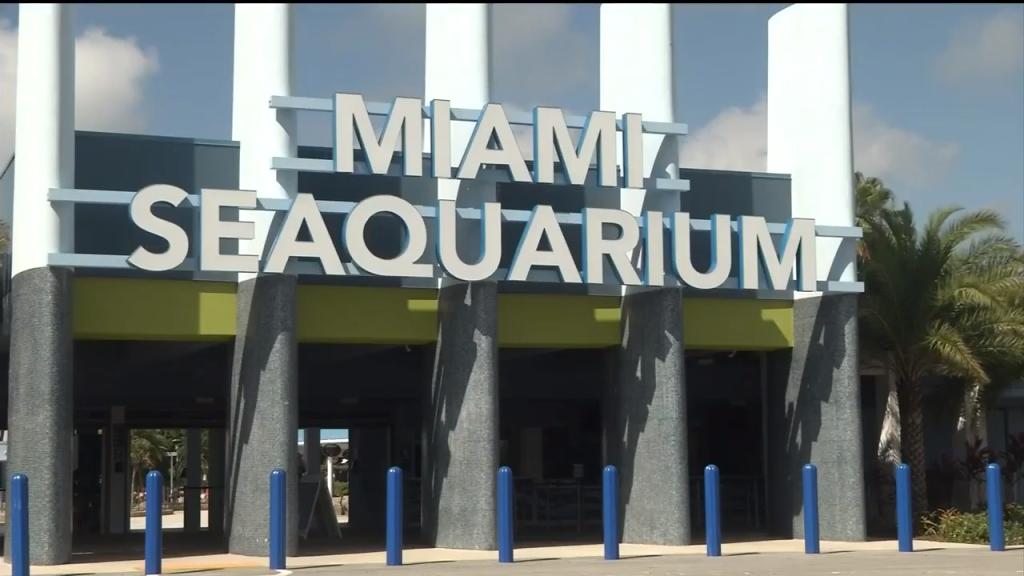What should the Miami Marlins do with Pablo López?
MIAMI, FLORIDA – MAY 13: Pablo Lopez #49 of the Miami Marlins delivers a pitch during the second inning against the Milwaukee Brewers at loanDepot park on May 13, 2022 in Miami, Florida. (Photo by Michael Reaves/Getty Images)
How does the Miami Marlins farm system look?
What should the Miami Marlins do with Pablo López? I wrote about him quite a bit this season. The Fish never extended him or even attempted to, and put a high price on him in trades, expecting Gavin Lux on top of top prospects from the Los Angeles Dodgers. The New York Yankees and the Los Angeles Dodgers were ultimately the finalists for his services, but he wasn’t traded to either team. What should the Miami Marlins do with him now?
What should the Miami Marlins do with Pablo López?
First it makes sense to look at Pablo López’s career and see what the Miami Marlins really have with him? Pablo debuted with The Fish in 2018 and delivered 10 games and 58.2 innings of 4.14 ERA/4.49 FIP ball. He added 7.1 K/9 and 2.8 BB/9. At this point he looked more as a mid-rotation starter at best.
Pablo López returned in 2019 to give the Miami Marlins 21 games and 111.1 innings with a 5.09 ERA/4.28 FIP and 7.7 K/9 and 2.2 BB/9. In other words he still looked as a mid-rotation or even back of the rotation starter.
In the 2020 shortened season, Pablo López pitched 11 games and 57.1 innings, producing a 3.61 ERA/3.09 FIP with 9.3 K/9 and 2.8 BB/9. This was the first time that he flashed ace-level stuff and it looked very promising.
2021 was even more promising as Pablo López produced a 3.07 ERA/3.29 FIP in 20 games and 102.2 innings. He added 10.1 K/9 and 2.3 BB/9. This was very impressive, but injuries here and there kept him from pitching more than 111.1 innings his whole career at that point. He currently pitched a career-high 123.2 innings in 22 games and has a 3.57 ERA/3.63 FIP with 9.1 K/9 and 2.7 BB/9.
Pablo López is a free agent in two seasons, and the question remains on what to do with him. He’s 26 years old and has a serious injury history, while we have a deep stockpile of starting pitchers. It seems obvious that trading him is the right call at the moment.
The Miami Marlins should talk with Pablo López about an extension as soon as possible, but something that’s team-friendly. If he wants more than 5-6 years at roughly $13 million a free agent year, we should trade him in the off-season at peak value, as the more control a team has over him, the more they’ll give up.


